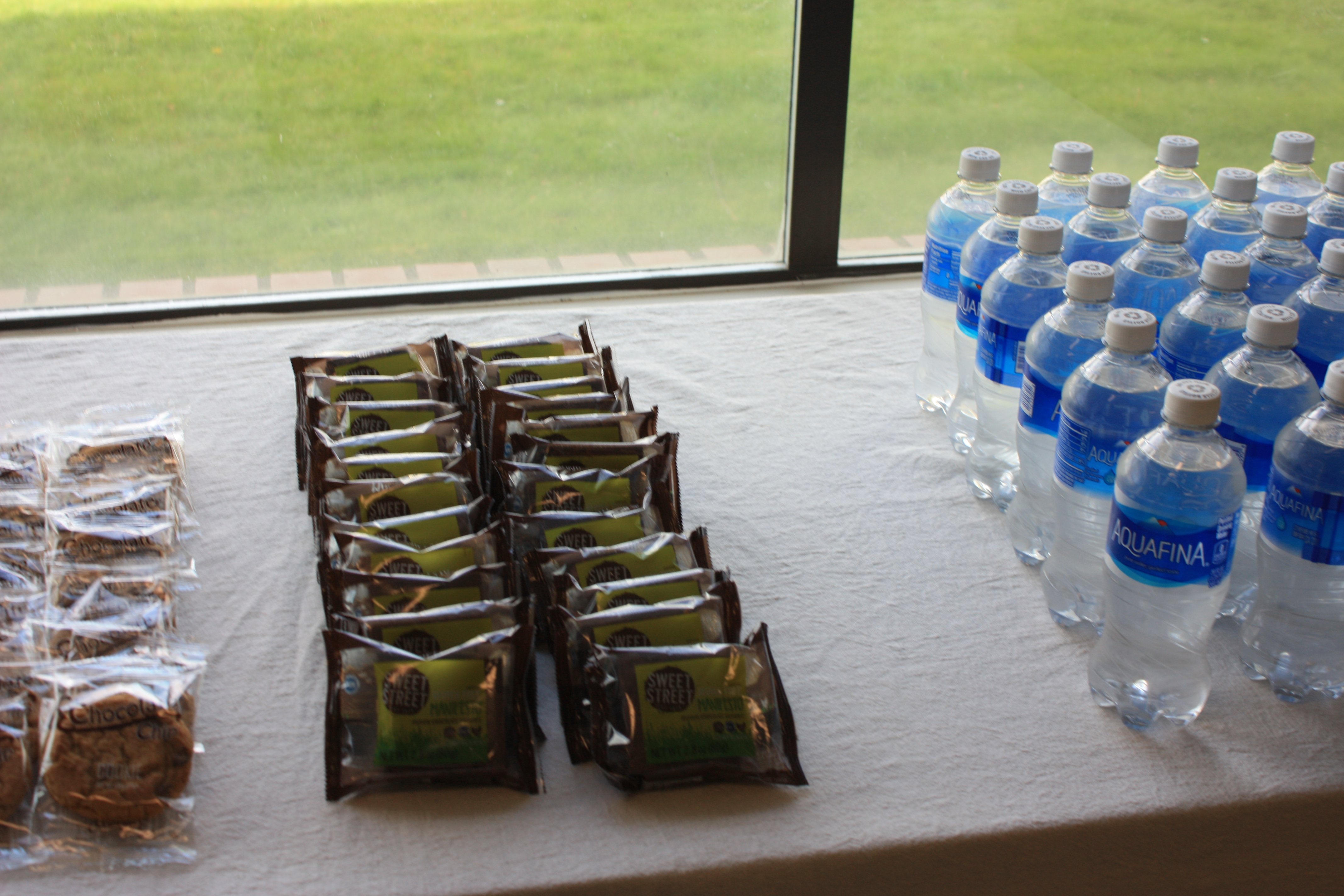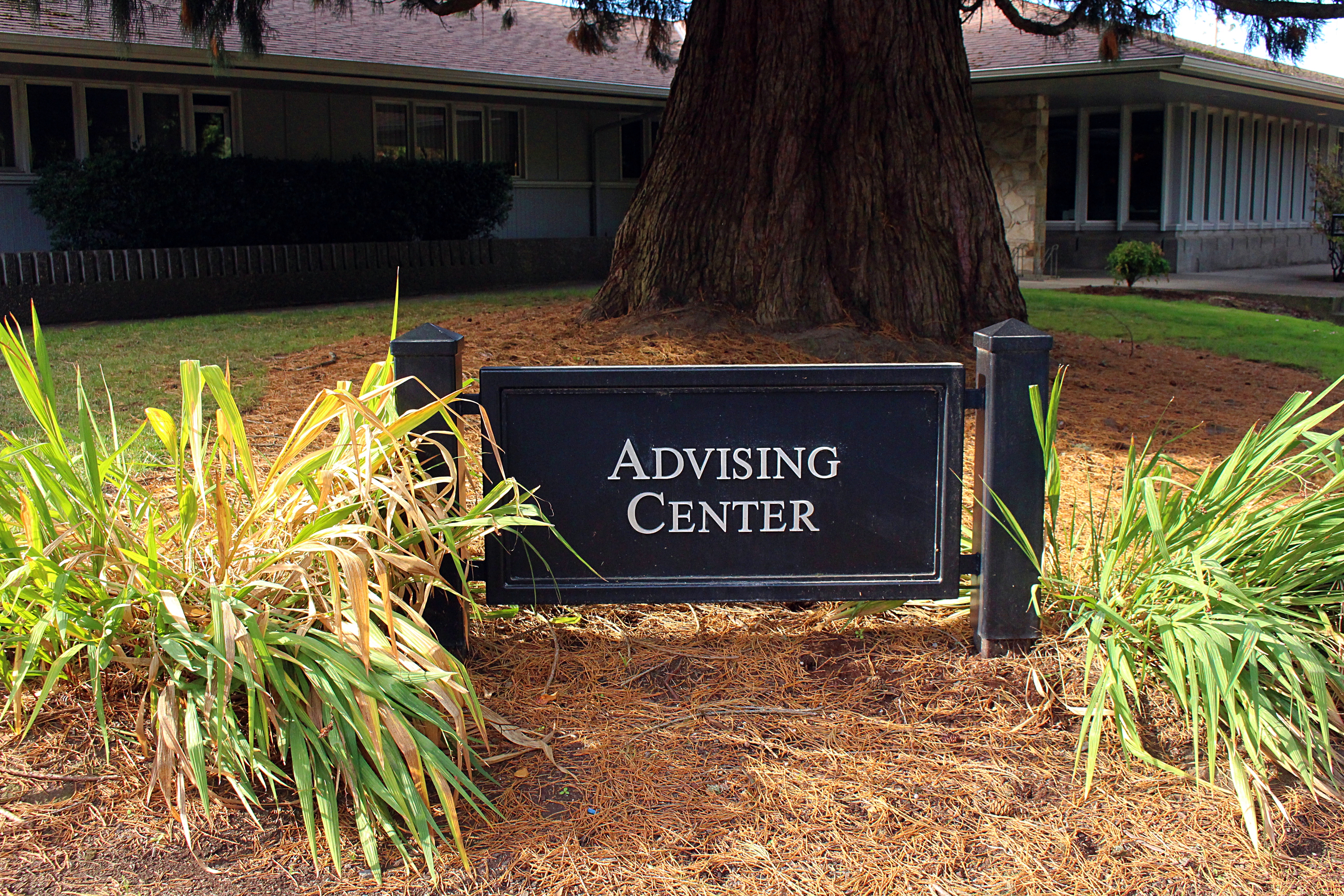Written by: Mirella Barrera-Betancourt
The Incidental Fee Committee has concluded open hearings and discussions regarding the incidental budget allocations for the 2023-24 academic year.
On Mar. 10, the IFC released the finalized budgetary allocations for Western’s departments, as well as the student incidental fee application.
For the 2023-24 academic year, students can anticipate a flat fee of $415 per term for on-campus courses, and $210 for courses fully online/off campus — including the Salem campus — on their student bill. Students taking courses in the summer of 2024 will be charged a fee of $150, regardless of course modality. The final incidental fee decision for 2024 reflects an increase of $43 from the previous academic year.
All departments are to face a reduction in funding, with the largest of the budget reductions targeting Athletics and Student Media.
The final budgetary reductions are: 17% to Abby’s House, 0% to Access, 17% to the Associated Students of Western Oregon University, 19% to Campus Recreation, 21% to Student Activities Board, 26% to Student Media, 18% to Creative Arts, 19% to WOLF Ride, 26% to Athletics, and 23% to Student Engagement: Leadership, Inclusion, Activities.
The preliminary decisions for the IFC budgetary plans were released in early February, with the incidental fee charge positioned at $390 for on-campus courses, $210 for online courses, and $150 for courses taken in the summer. The majority of departments — such as Student Media, Campus Recreation, Student Engagement — saw a preliminary budget cut of 25%, and many other areas saw an increase by a range of up to 28%.
Budget requests for the fiscal year’s incidental allocations totaled at $4,367,953, while the preliminary decisions estimated a total of $3,229,883. However, available allocations totaled at $3,500,454, which guaranteed lower allocations in the final decisions.
In the finalization meeting on Friday, Mar. 10, the committee discussed student comments collected from the open forum and three open hearings. The committee observed student concern primarily in the Campus Recreation Department.
In their preliminary decision, the committee proposed a major budget cut of 26% to the Campus Recreation Department, a decision which would result in the removal of the swimming pool as an element included in the budgetary cut. However, the student body strongly opposed this preliminary decision. The committee and ASWOU have rejected the proposition.
The funds from IFC provide an avenue of opportunity for student employment. Additional student concerns stemmed regarding the impact of preliminary funding on on-campus organizations and job employment, with a large majority of the open hearings consisting of student athletes and student swimmers.
Unfortunately, with student enrollment continuously decreasing, Western is expected to continue facing challenges regarding incidental budget cuts. This year, this challenge was illustrated in the decrease in available budget allocations.
Contact the author at howlnews@wou.edu





